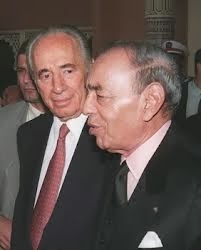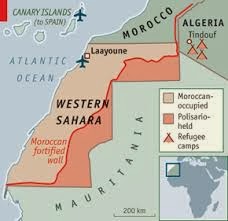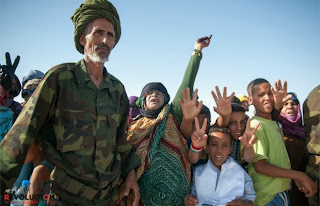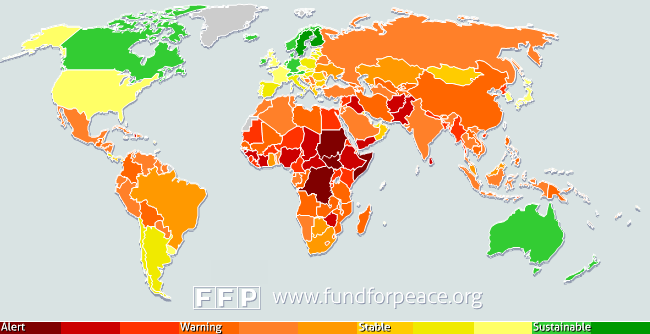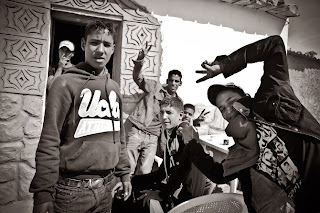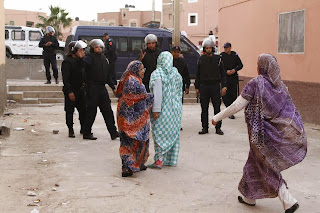UN Western Sahara envoy in Morocco on latest peace push
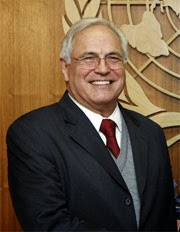
Rabat — The UN's Western Sahara envoy met Morocco's foreign minister Monday, official media reported, during a new tour of the region to push for a peaceful resolution to the frozen conflict. Christopher Ross was received by Salaheddine Mezouar and his deputy Mbarka Bouaida, Morocco's MAP new agency said, without giving further details of the meeting. Last week he visited Algeria, the main backer of the pro-independence Polisario Front, where he met Prime Minister Abdelmalek Sellal, and then travelled to the Sahrawi refugees camps in Tindouf, in western Algeria, where he held talks with Polisario leader Mohamed Abdelaziz. Appointed in 2009 as the personal envoy to the Western Sahara of UN chief Ban Ki-moon, Ross said after his last regional tour in October that there was still no hope of convening face-to-face talks between Morocco, which occupies the disputed territory, and the Polisario Front. "He will convene another round of face-to-face negotia...
